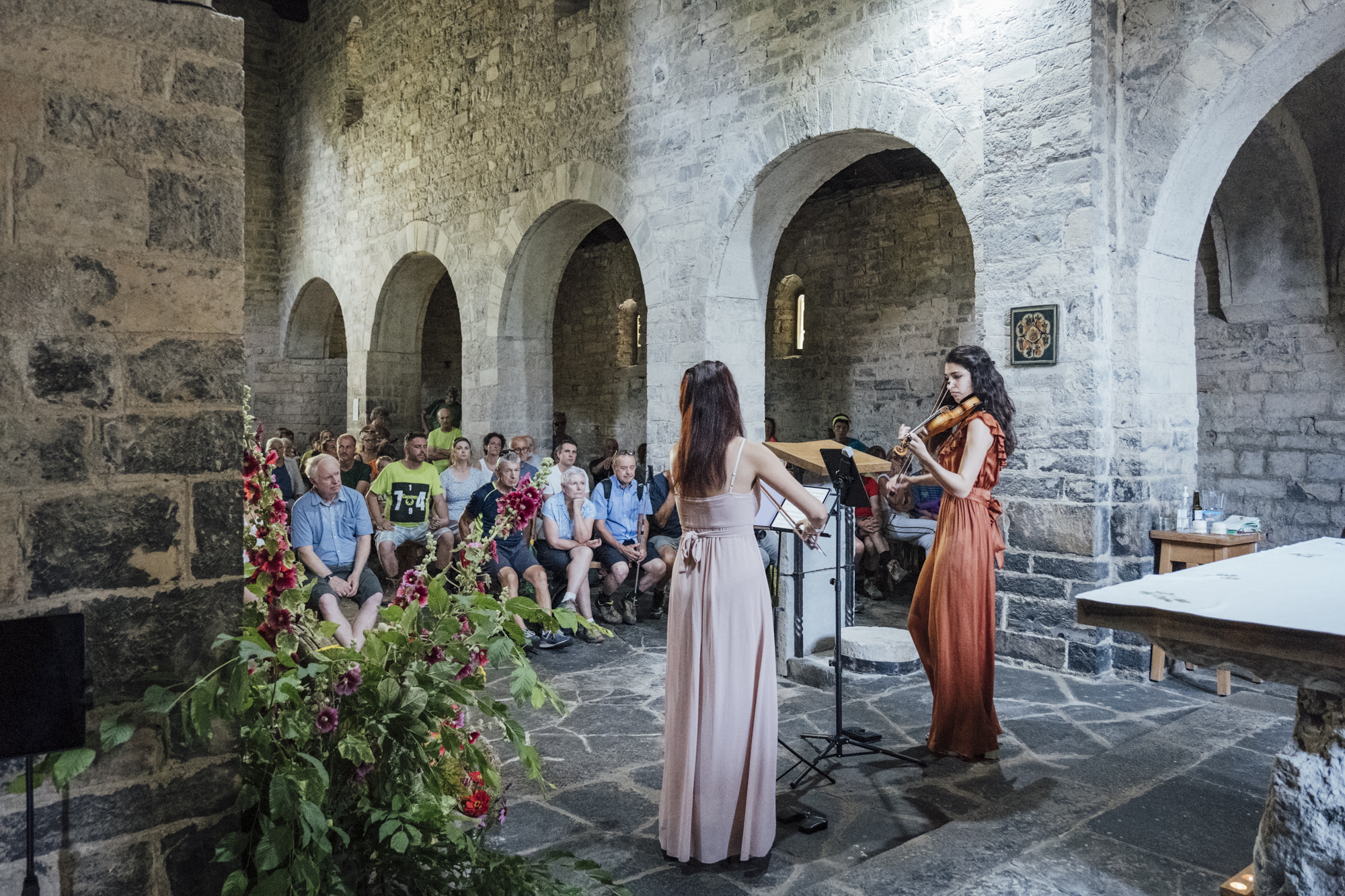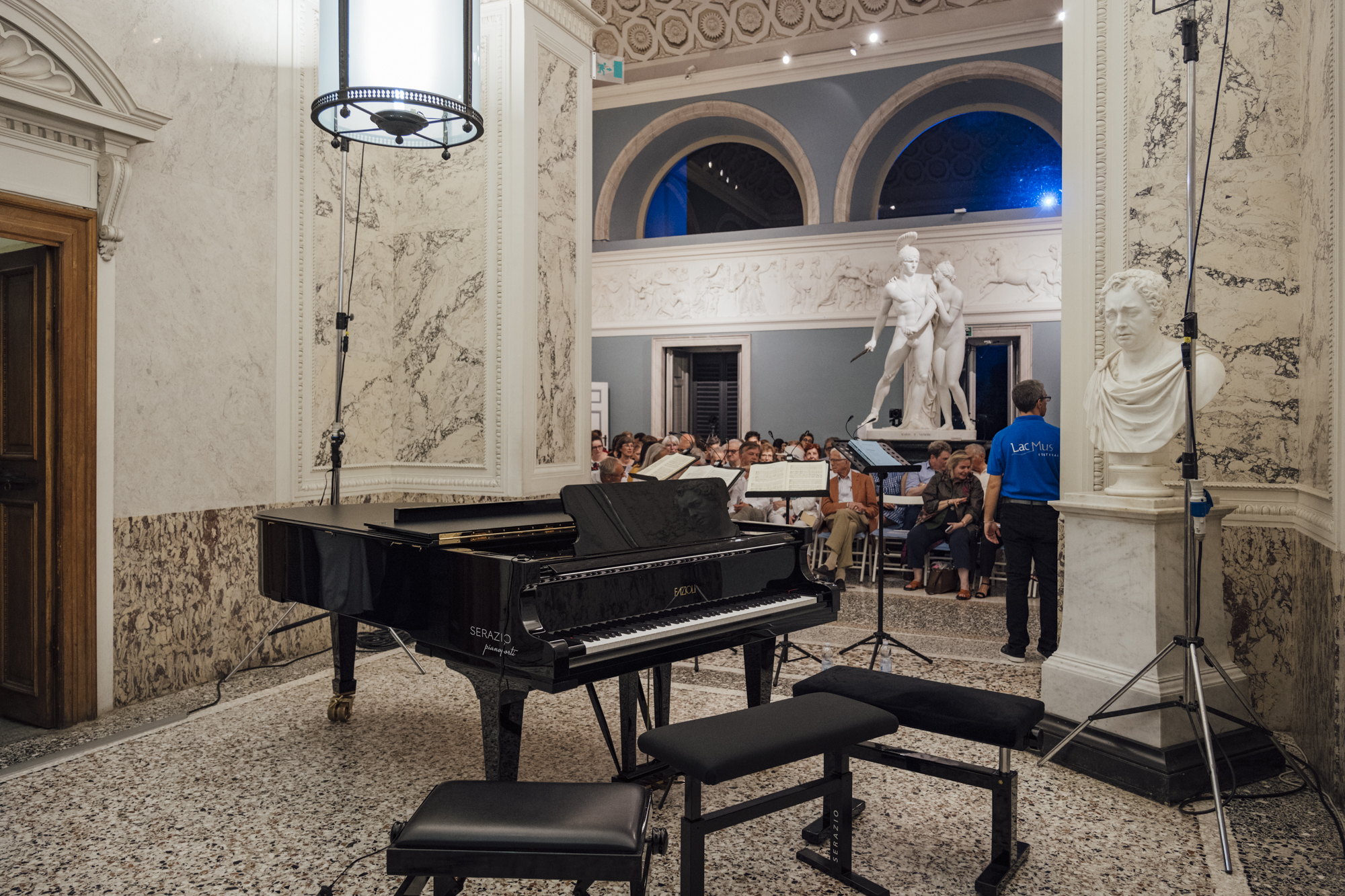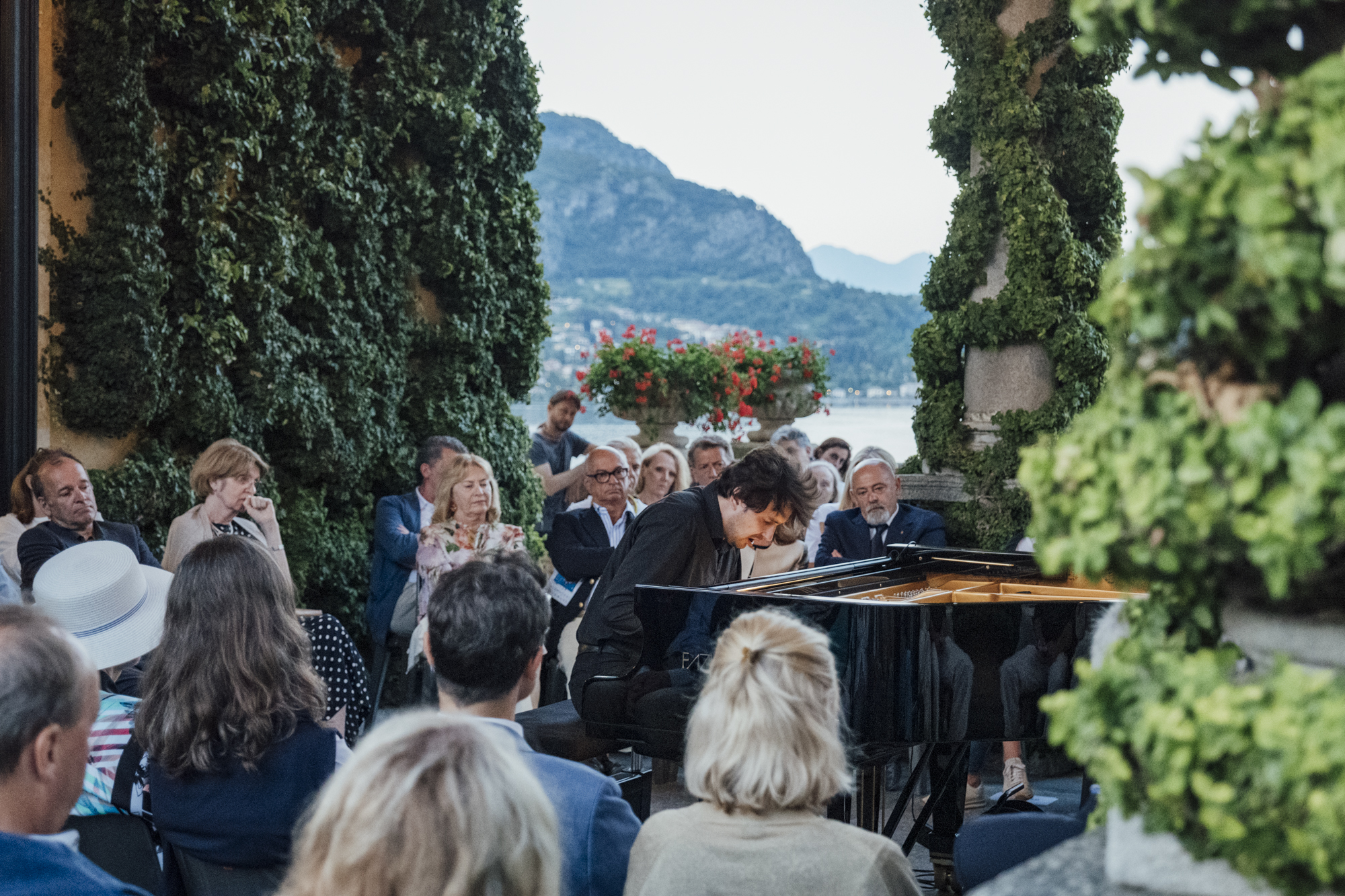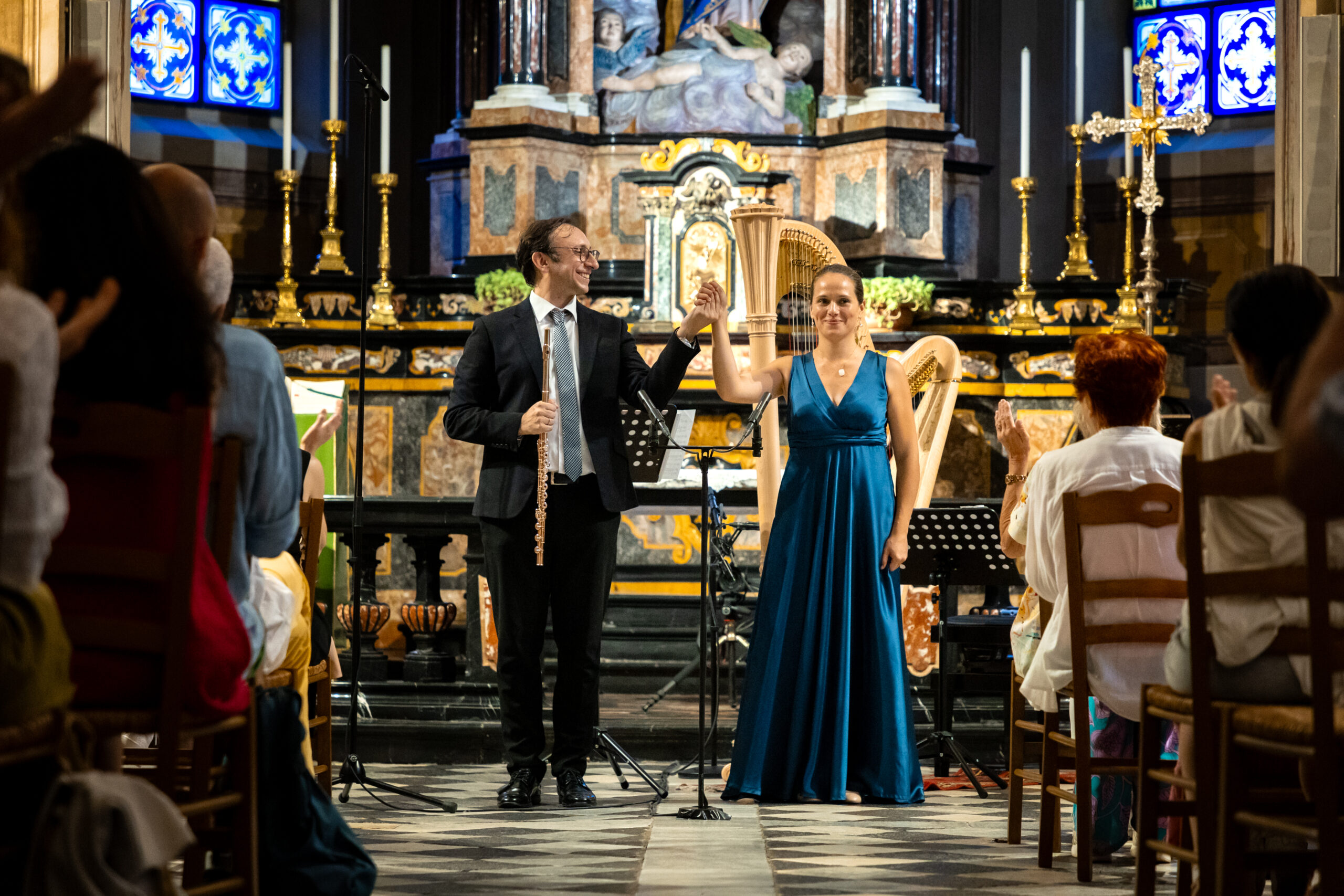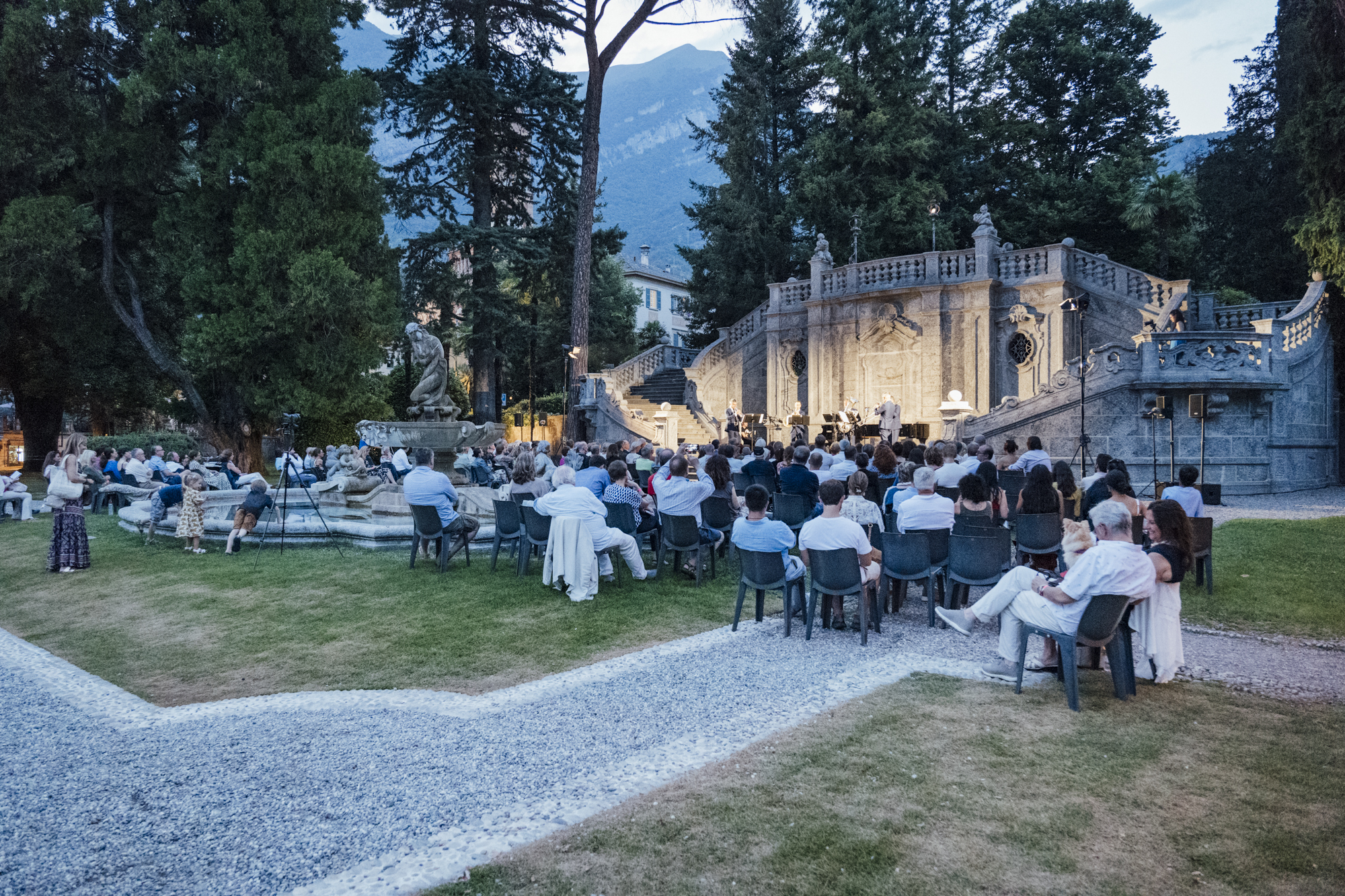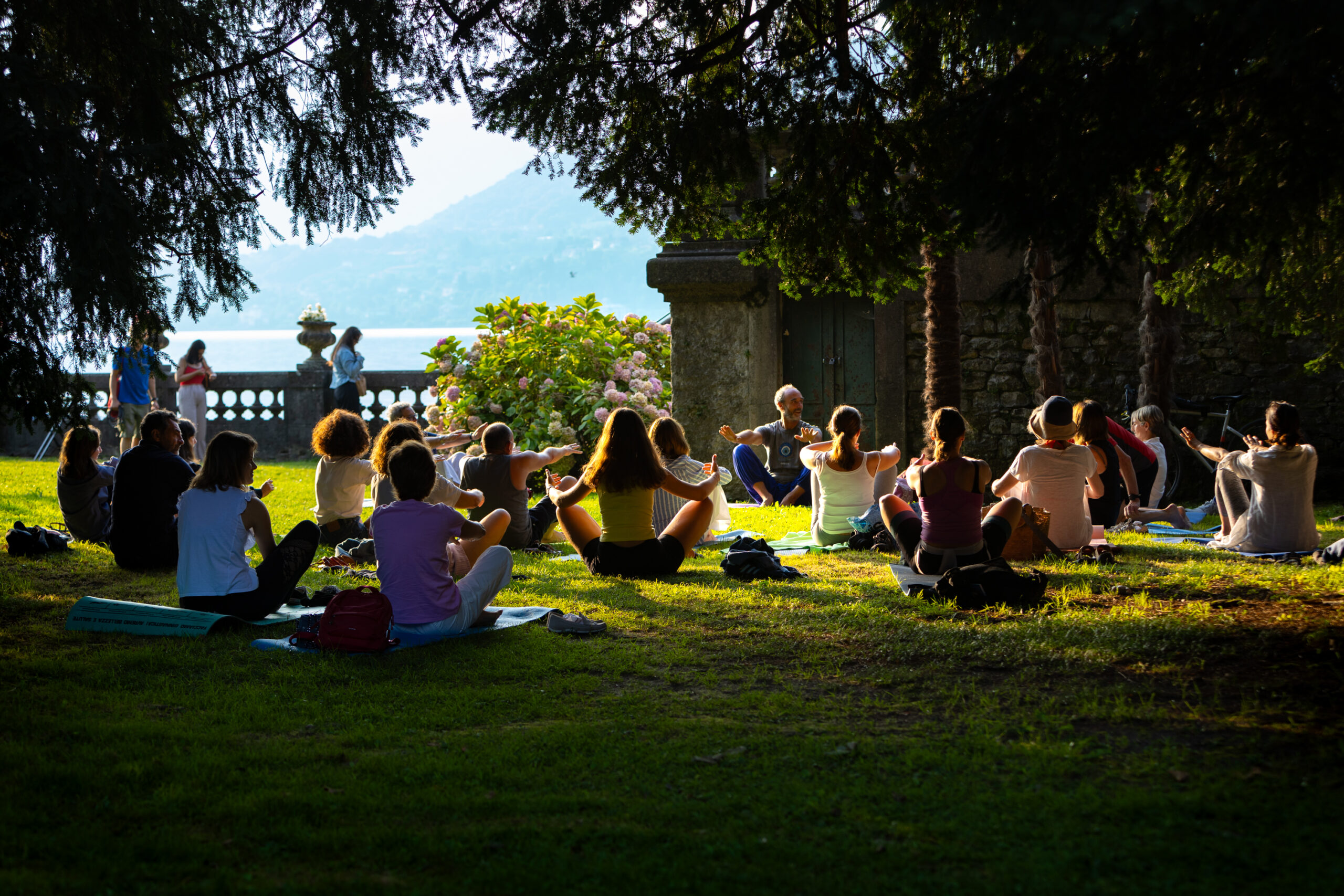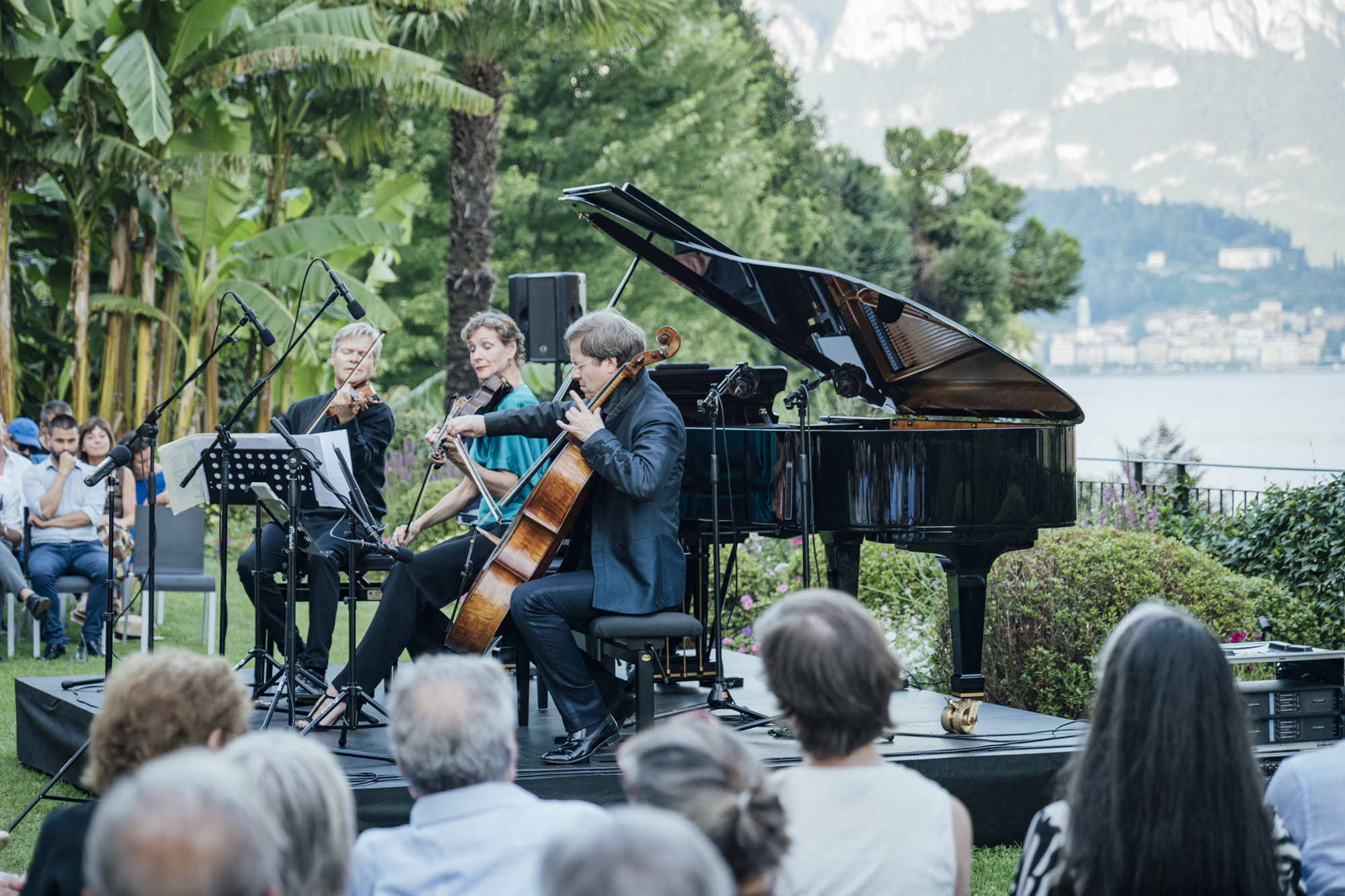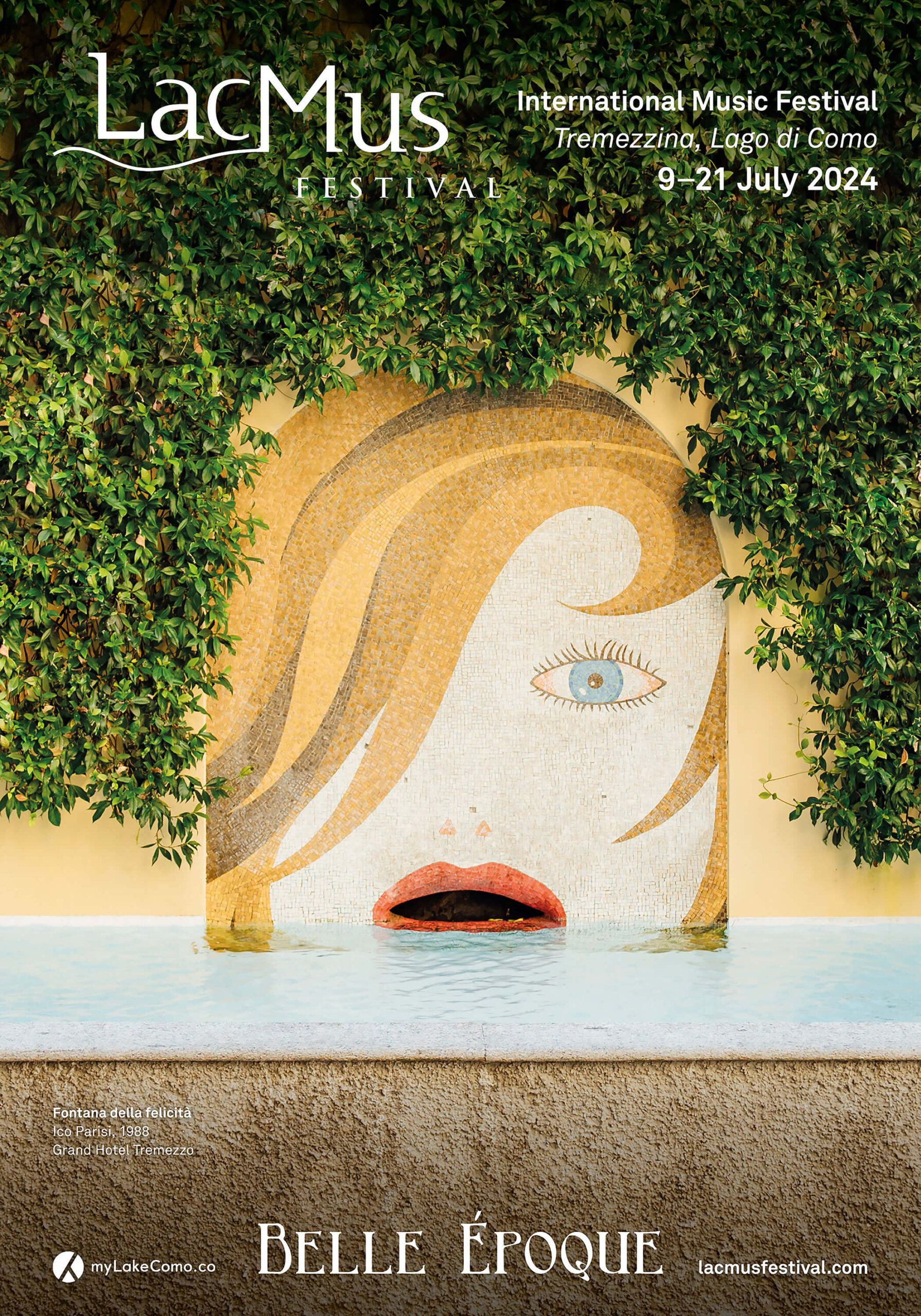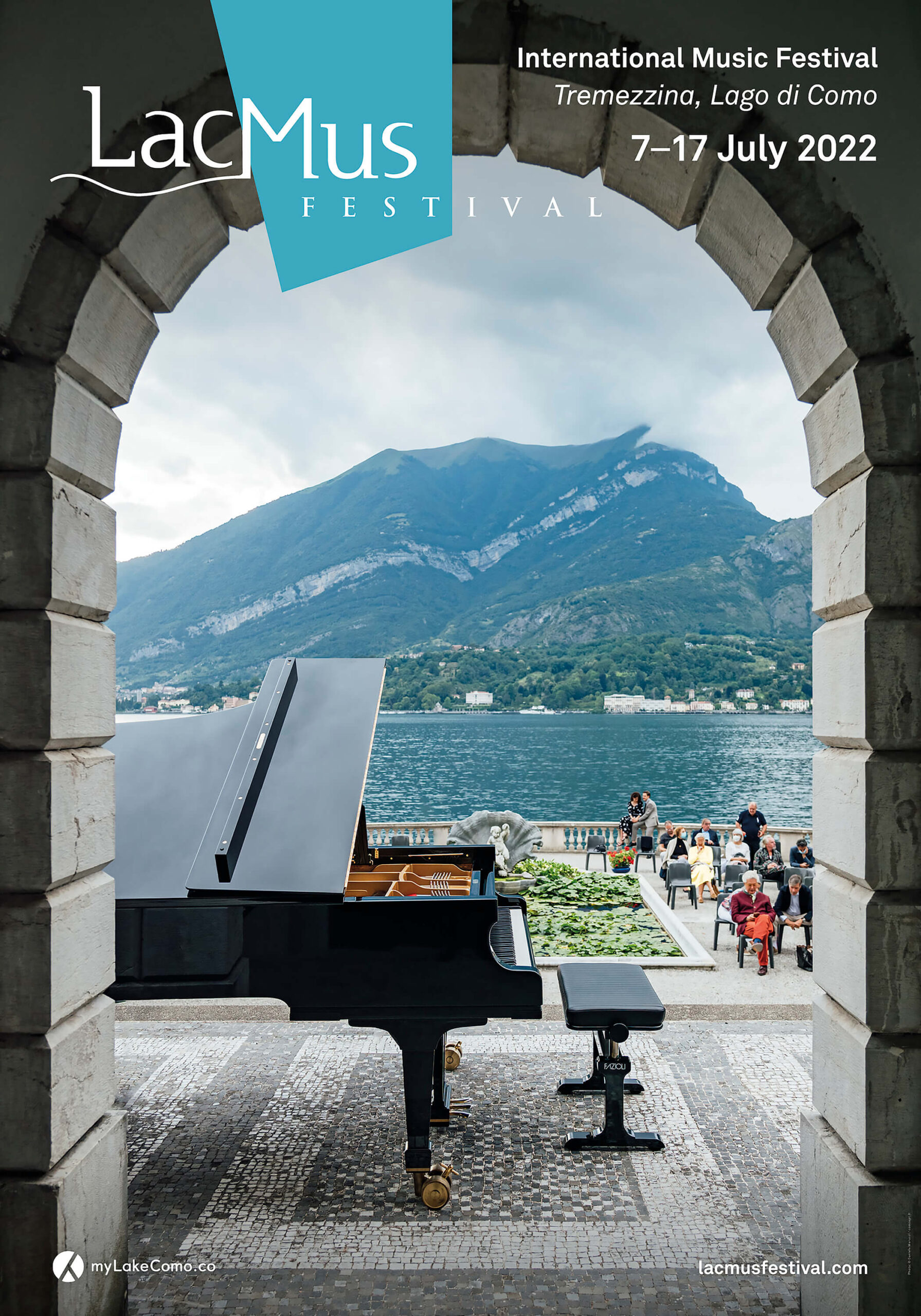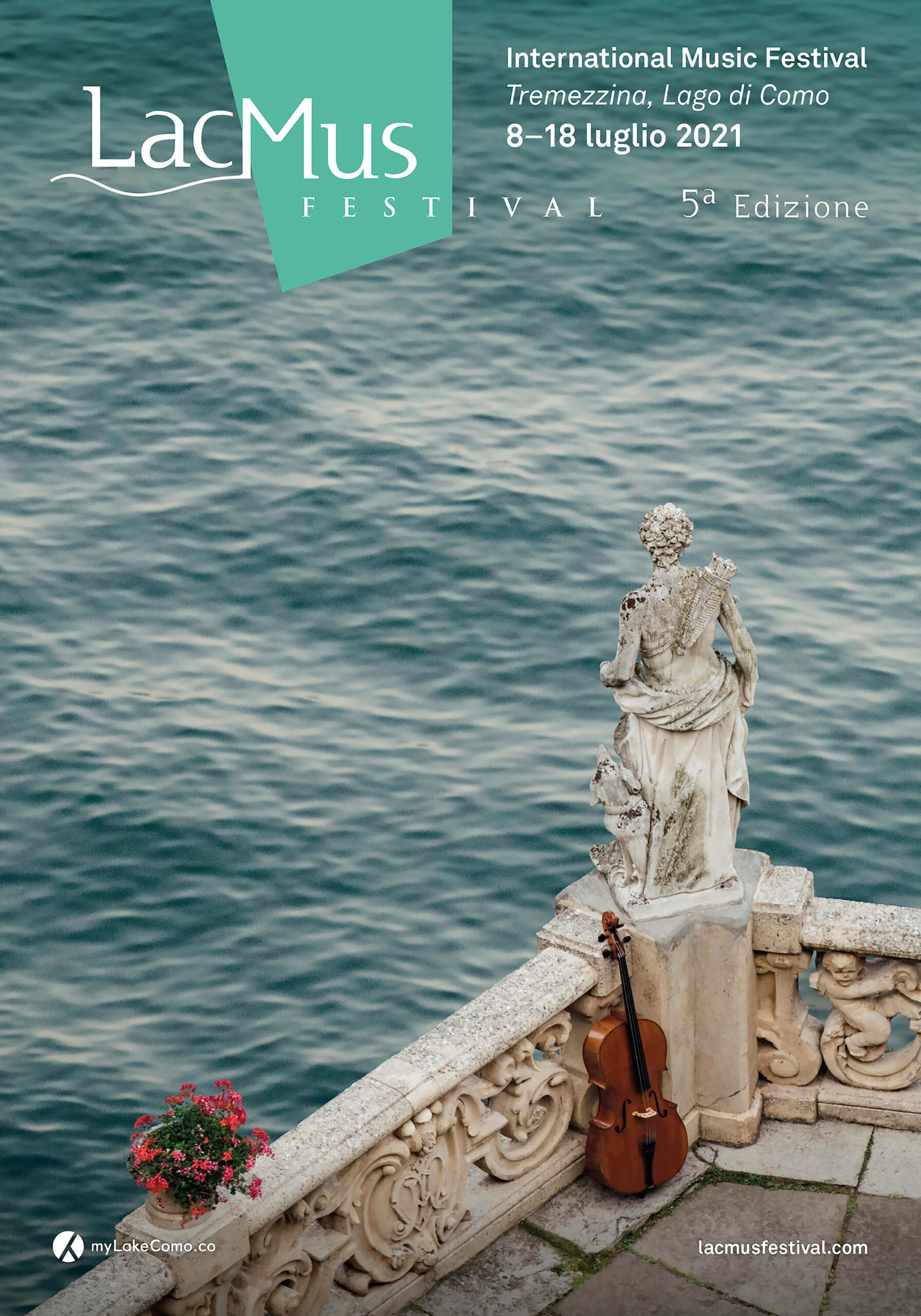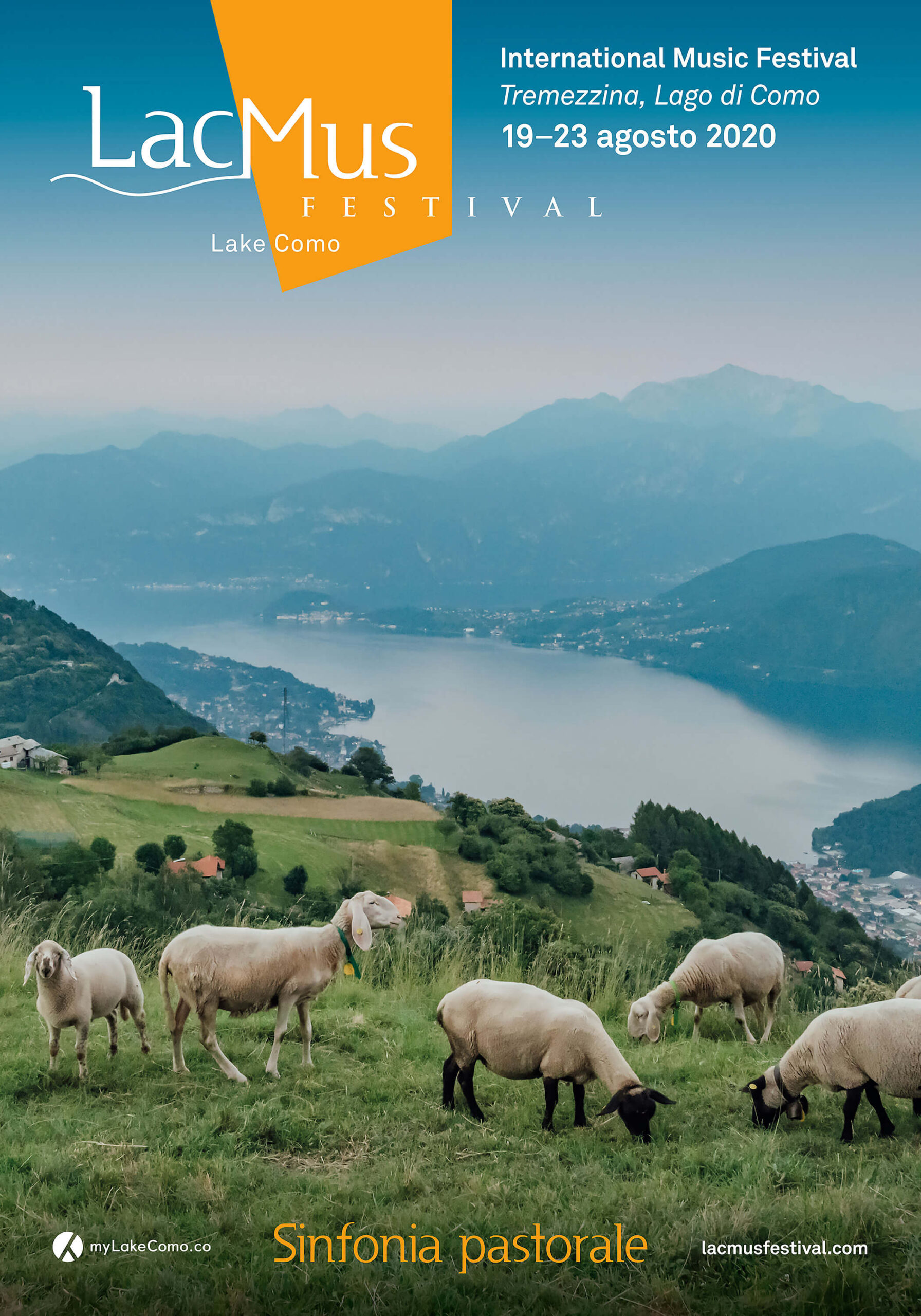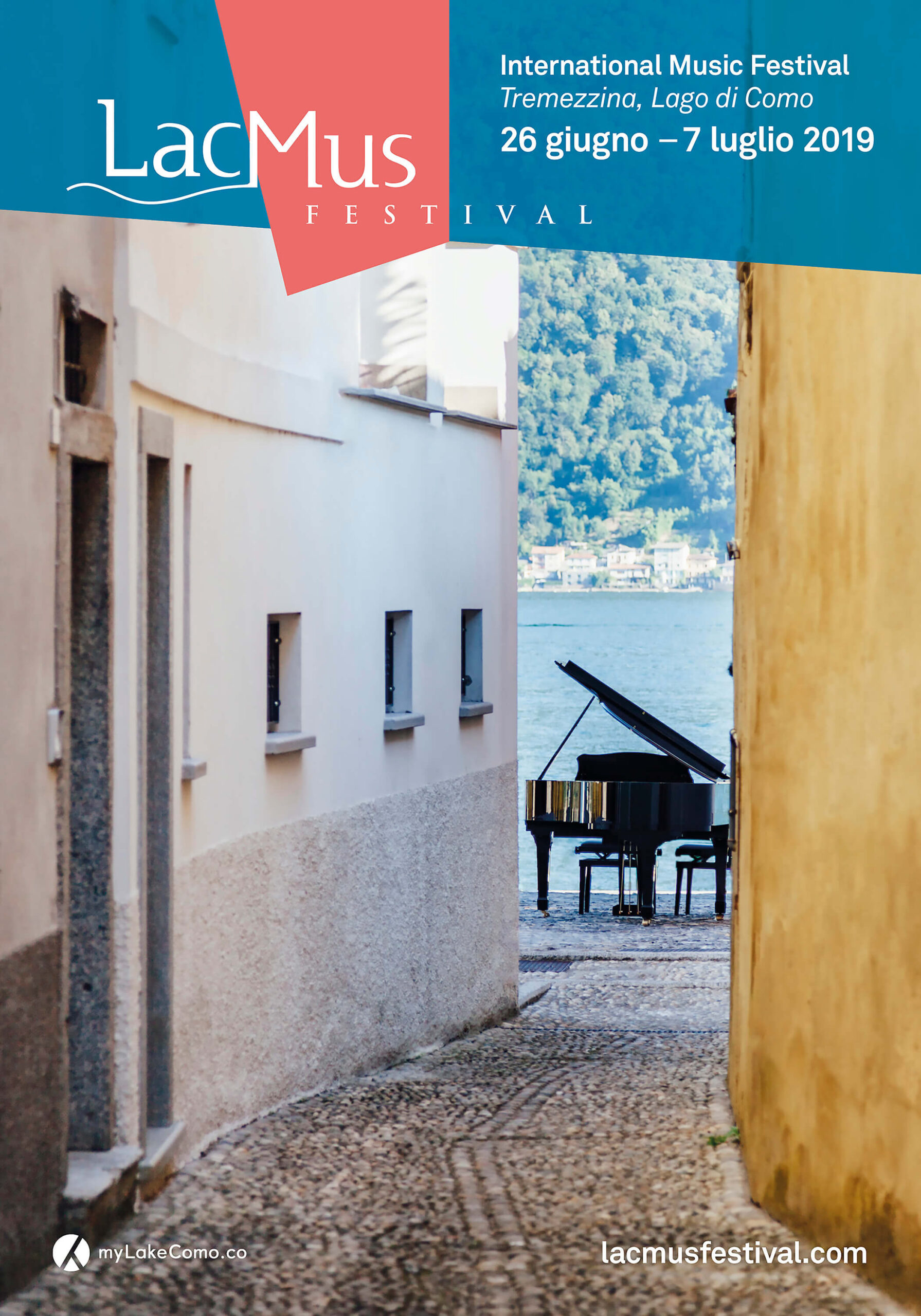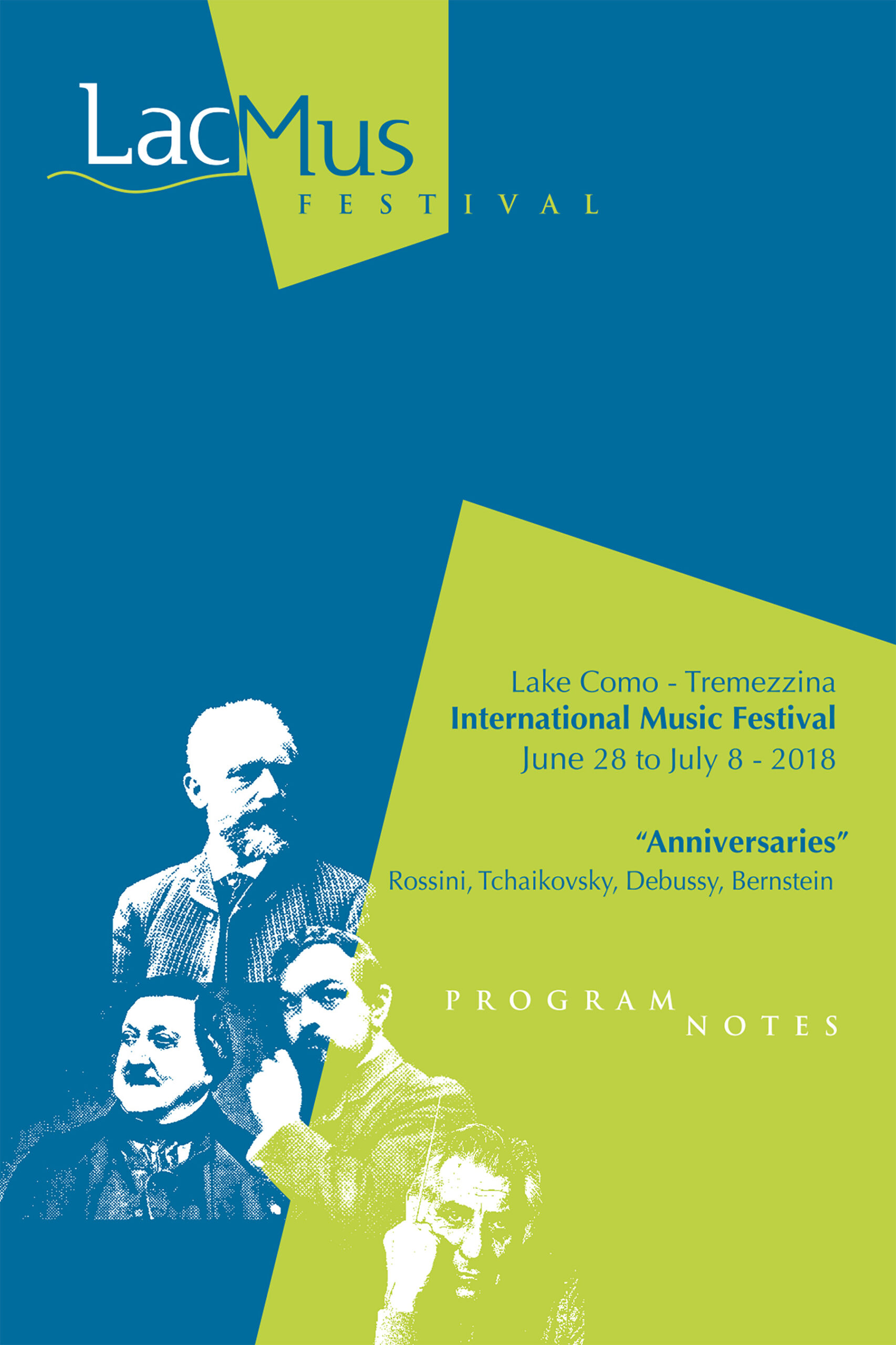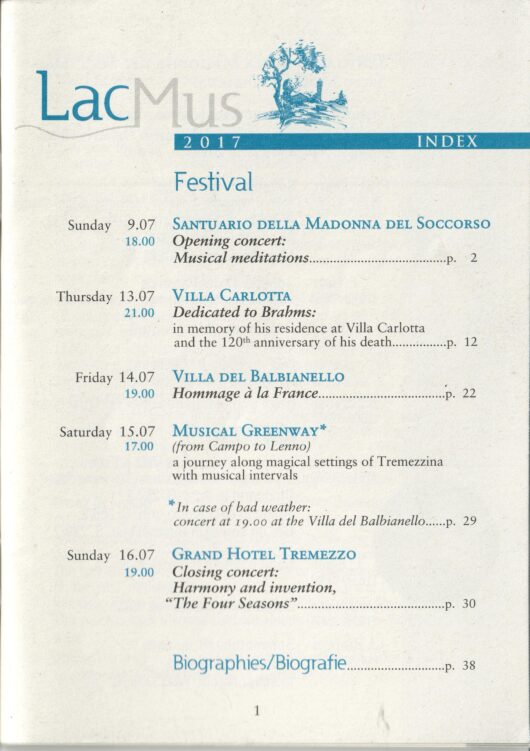Also this year, LacMus Festival awaits you from 6 to 17 July on the shores of Lake Como and the hills of Brianza.
We have reached the seventh edition, which this year has as its common thread the figure of the exile and the idea of exile, to honor the spirit of resilience of the many great artists who have had to face it. 2023 is in fact the 150th anniversary of the birth of Sergei Rachmaninov (1873-1943). A musician deeply rooted in the culture, history, fairy tales, and religious faith of Russia, including the cult of the Tsar, Rachmaninov fled his homeland after the February Revolution of 1917, never to return. Yet, wherever he went, he always carried Russia in his heart and the samovar in his home. His musical poetics — itself a sort of Romanticism exiled in a hostile century — tells us how in him the Russian root, lovingly preserved, was constantly measured, even if reluctantly, with the reality that surrounded him: the West, modernism, America, and finally even his friend Stravinsky and jazz. All elements that the exile welcomed with suspicion, not without infinite caution, in a long effort to reabsorb them drop by drop into the dominant cultural matrix of the Great Russian Mother.
In the program, the figure of Rachmaninov is flanked from time to time by others who shared with him the fate of exiles. In the opening concert, for example, he is paired with the Polish exile Fryderyk Chopin and the Hungarian exile György Ligeti. Later on, Igor Stravinsky, the eternal traveler of the twentieth century, and Kurt Weill, the communist Jew fleeing from Hitler, both landed in the United States, as did the Bohemian Bohuslav Martinů and the other Austrian Jew Erich Wolfgang Korngold. And a page like Après une lecture de Dante by Franz Liszt, inspired by the Italian exile par excellence, Dante Alighieri, whom Italians love to remember as a father of the national language and culture, preferring to forget that they made him flee first of all by inflicting a death sentence on him. And again Gioachino Rossini, a voluntary exile, first from Italy and then from the world of opera, transcribed for piano four hands by Arnold Schönberg, an exile from Nazi Germany, but also an eternal inner exile, in the self-imposed solitude of his utopian twelve-tone anti-world, from which he takes a short vacation here.
This edition also welcomes prestigious soloists from various parts of the world, such as pianist Hélène Mercier, already hosted in 2018, cellist Jan Vogler, sopranos Anna Pirozzi and Christiane Karg and, as per LacMus Festival tradition, a good number of young talents, including cellist Jaemin Han from South Korea, Ukrainian Illia Ovcharenko, recent winner of the Honens International Piano Competition in Canada, and his peer Luca Giovannini, award-winning cellist, two musical children of the new millennium. Alongside the new generations, the extraordinary presence of the Cappella Musicale del Duomo di Milano also stands out, the oldest musical institution in the city, as well as one of the oldest in the world.
Like every year, LacMus Festival presents a novelty: the first edition of the “Guglielmina Durini Litta Countess of Monza” Prize for pianists, in homage to the 19th century Milanese noblewoman, who was a tireless cultural promoter and an excellent pianist. The prize will be awarded during the evening at Castello Durini, on July 9th.
As always, the concerts take place in places of great artistic and landscape beauty: Villa del Balbianello, Villa Carlotta, Villa Melzi d’Eril in Bellagio, the Durini Castle in Alzate Brianza, the now traditional Musical Walk along a stretch of the Greenway of Lake Como, the Sanctuary of the Beata Vergine del Soccorso (a UNESCO heritage site), the lakeside gardens in the Mezzegra Park, the Grand Hotel Tremezzo and finally two new spaces: the Teresio Olivelli Park and the Abbey of San Benedetto in Val Perlana, which add to the many promoted by the Festival in its territory.


